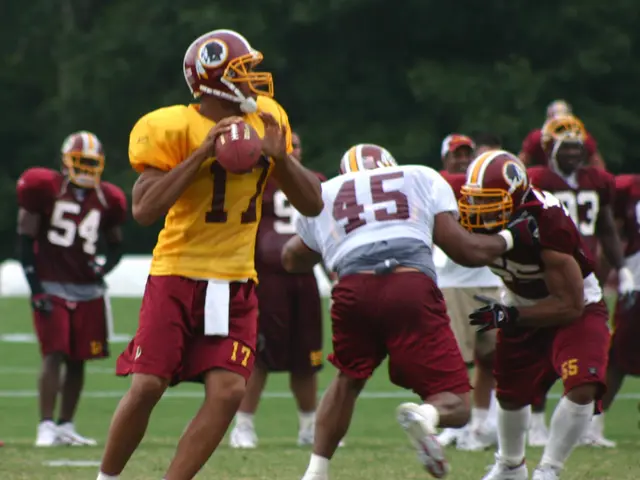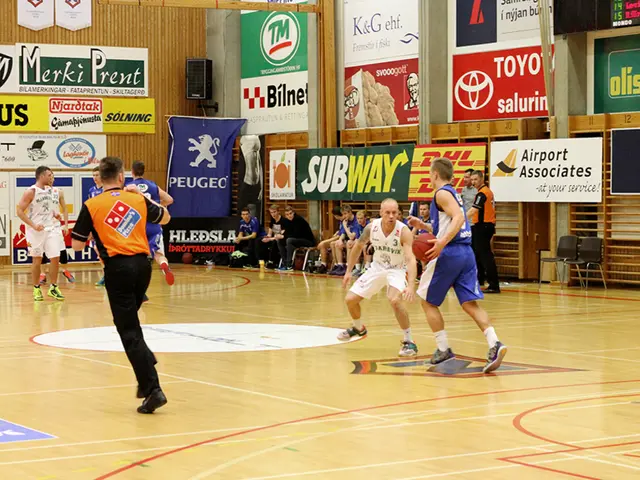U.S. Euphoria: Celebrating 7 Fruitful Years of Legalized Sports Gambling
In a dramatic shift since the Supreme Court's decision to strike down the Professional and Amateur Sports Protection Act (PASPA) seven years ago, sports betting has become a half-a-trillion-dollar industry in the United States. As of now, 38 U.S. states, plus Washington, D.C., and Puerto Rico, have legalized sports betting; Missouri being the newest state to join, with its launch planned for December 1, 2025.
The industry's growth has been nothing short of remarkable. More than 85% of all legal wagers are placed online with legal online sportsbooks. The NFL, once wary of betting, now approves in-stadium betting lounges and has partnerships with operators. New York, for instance, generated over $3 billion from sports wagers.
However, the industry is not without its challenges. Sports integrity, problem gambling, and legal uncertainties are among the issues that the industry faces. Problem gambling rates have risen in some states, with advocacy groups warning of a lack of treatment access in rural or underserved communities. The National Council on Problem Gambling estimated a 30% rise in betting-related addiction calls since 2018.
To combat these issues, the NCAA, NFL, and NBA have ramped up education and monitoring efforts. They use third-party firms like Sportradar to detect suspicious patterns. Roughly 15% of Division III male athletes bet on sports, while 2% to 8% of Division I male athletes do, according to an NCAA report.
Despite these challenges, the sports betting industry is projected to double in size by 2030. Tens of thousands of jobs have been created from the industry, including data analysts, oddsmakers, customer service reps, retail clerks, and tech professionals.
The Wire Act of 1961 still hampers interstate pooling of betting funds, creating legal uncertainties. California and Texas remain the largest untapped markets for sports betting, with potential for legalization by 2030.
In the meantime, live, in-game betting is now standard, with artificial intelligence models adjusting odds and offering personalized suggestions. U.S. bettors have won over $450 billion back, with sportsbooks keeping roughly $50 billion before paying about $8 billion in taxes.
By 2025, 39 states plus Washington, D.C. had legalized sports betting, each with their own rules and quirks. The industry's growth and evolution continue to reshape the landscape of sports and entertainment in the United States.
Read also:
- United States tariffs pose a threat to India, necessitating the recruitment of adept negotiators or strategists, similar to those who had influenced Trump's decisions.
- Weekly happenings in the German Federal Parliament (Bundestag)
- Southwest region's most popular posts, accompanied by an inquiry:
- Discussion between Putin and Trump in Alaska could potentially overshadow Ukraine's concerns








